Becky Meloan
THE WASHINGTON POST – Many of October’s new books tell stories about women – sisters, mothers, daughters – displaying grace or grit while facing challenges. Science fiction and short stories will expand horizons, while nonfiction, including a memoir, will inspire.
THE GODDESS EFFECT
While scrolling through her feed, Anita clicks on an ad for the Goddess Effect, a Los Angeles exercise studio and aspirational lifestyle company founded by a guru named Venus.
After throwing herself into the programme, it dawns on Anita that things may not be what they seemed at first.
Mocking the wellness industry can seem like picking off low-hanging fruit, but Marikar elevates her story with wry humour and compassion.
MAD HONEY
Olivia doesn’t know whom to believe – her 18-year-old son, Asher, who claims he remembers nothing after finding his girlfriend, Lily, bleeding and motionless at the foot of her staircase, or the police, who have enough evidence to charge him with murder. The tragic events propel a story that is alternatingly heart-pounding and heartbreaking.
This collaboration between two best-selling authors seamlessly weaves together Olivia and Lily’s journeys, creating a provocative exploration of the strength that love and acceptance require.



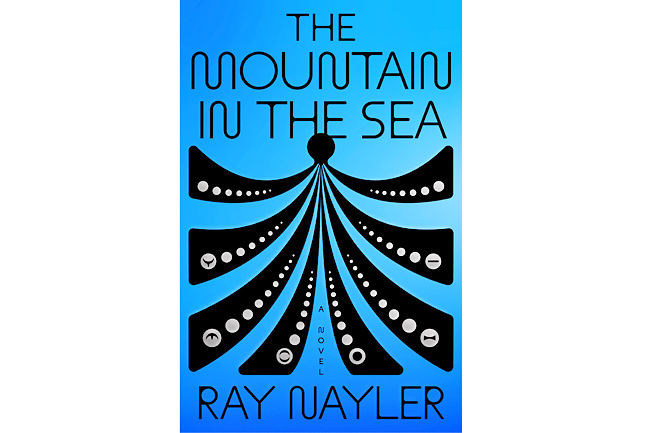
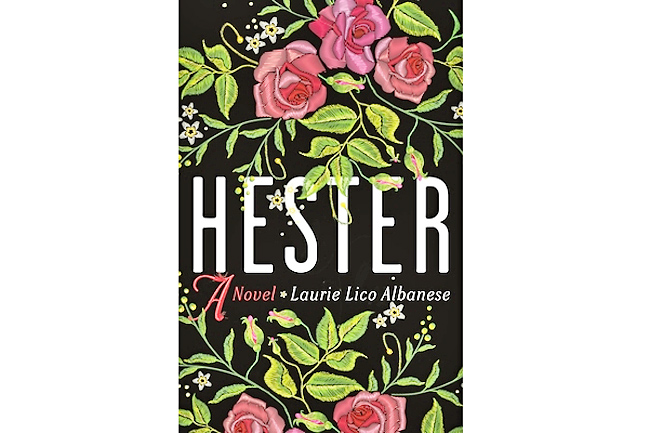
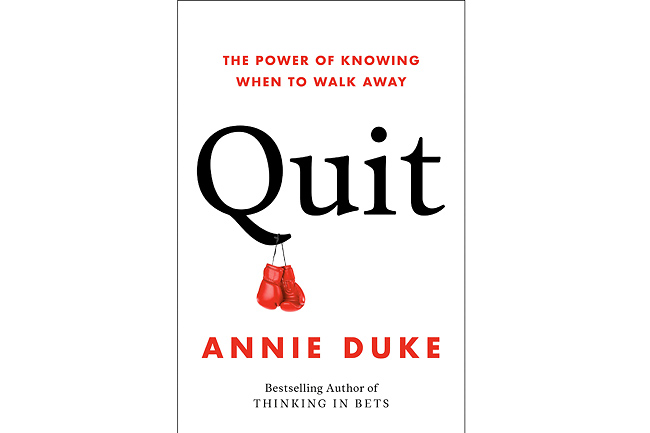
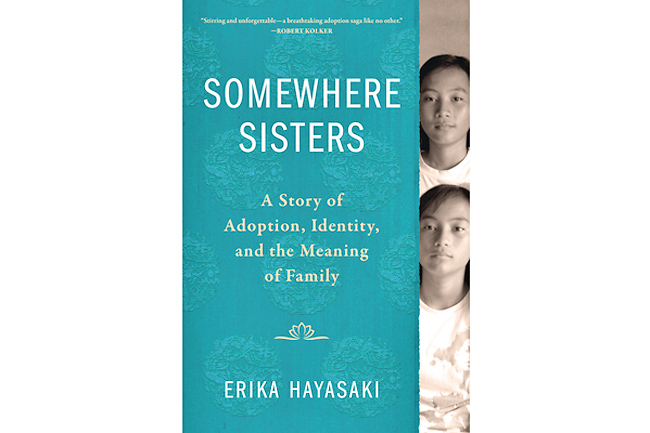
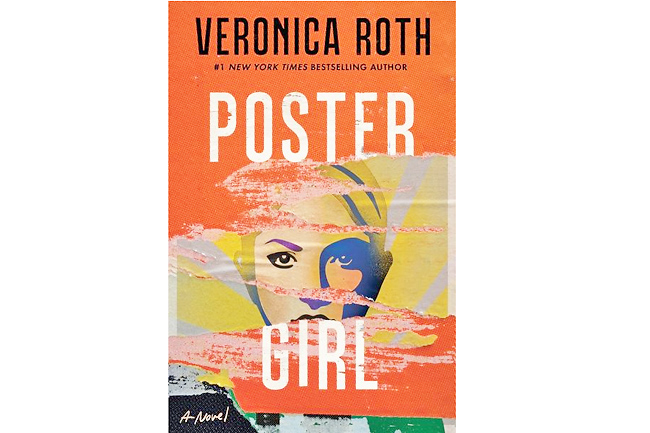
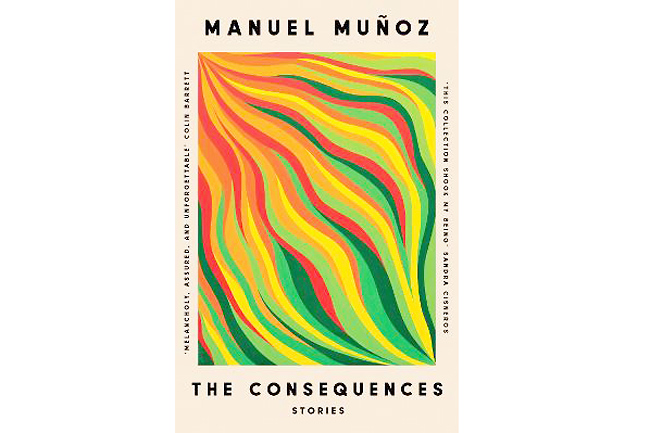
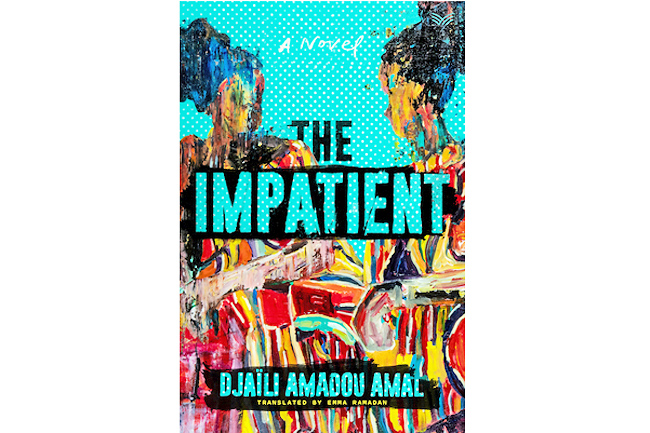
WHEN THEY TELL YOU TO BE GOOD: A MEMOIR
Shakur, a Jamaican American activist, demonstrates a talent for self-examination, not to mention literary prowess, in this account of the forces that shaped him.
His confidence and self-awareness enable him to identify life lessons in the moment; he pulls no punches when, for example, a White person tells him how to feel about racially charged issues, or when his mother’s friend describes his attraction to his partners as a “selfish choice” that will upset his parents.
His inclination toward advocacy grew, because, as he says, “I’d learned the importance of being incompatible with a world that aimed to destroy you.”
THE MOUNTAIN IN THE SEA
Nayler’s debut novel, a cerebral, speculative eco-thriller, considers the capabilities of non-human minds.
In a near-future world where oceans have been ravaged by pollution, a potentially menacing species of octopus has developed its own language and culture, and a fortune awaits the first to unravel its mysteries.
A transnational tech corporation brings marine biologist Ha Nguyen to a research team.
The team was led by a sentient android whose existence is outlawed in most of the world.
As Ha gets closer to discovering the cephalopods’ true potential, hope for coexistence collides with the human tendency toward domination.
HESTER
Nathaniel Hawthorne’s The Scarlet Letter inspires this thoughtfully researched tale about a young woman with an out-of-wedlock daughter.
Like her fictional counterpart, Hester Prynne, Isobel Gamble’s husband is presumed to be lost at sea when she begins an affair with the scion of a notorious Puritan family, a young Nathaniel Hathorne (who later added the “w” to his surname).
Isobel’s needlework skills, an extraordinary talent she inherited from her Scottish ancestors, bring her modest income and acclaim, but the stigma from her unplanned pregnancy shines a light on the barriers faced by 19th-Century women who did not conform.
QUIT: THE POWER OF KNOWING WHEN TO WALK AWAY
The adage “quitters never win and winners never quit” is ingrained in many people, but Duke, a former professional poker player, has a different view. To her, quitting is a skill, one that can bring knowledge and open the doors for future success.
With illustrative stories about climbers who never reached Mount Everest’s peak, or comedians who regularly bomb onstage as a way to refine material, she helpfully shows how quitting is really just another decision – and sometimes a smart one.
THE IMPATIENT
Many women in North Cameroon are counselled to be subservient to men and show “munyal”, or patience, in the face of hardship, sadness or pain.
Amal dramatises the impact of normalising subjugation and violence against women in her prizewinning fictional triptych.
Hindou is married off to a man with violent tendencies, then labeled “crazy” for wanting to escape.
Her older sister, Ramla, must relinquish her true love and marry an older man to appease her family’s desire for wealth.
Ramla’s new co-wife, Safira, must accept that her husband of 20 years wants a younger second wife and that they must all live together in harmony.
Yearning for release from society’s constraints, each woman plots her path toward a different life.
SOMEWHERE SISTERS: A STORY OF ADOPTION, IDENTITY, AND THE MEANING OF FAMILY
Isabella, a child born in Vietnam in 1998, was adopted from an orphanage by a wealthy White American family and raised in the Chicago suburbs.
On the other side of the world, Isabella’s identical twin sister, Hà, was raised by a biological aunt in a rural village.
When Isabella’s mother learned of her daughter’s twin, she became determined to bring the girls together, setting both families on an unforgettable journey that engendered questions about race and identity.
Hayasaki, a journalist who spent five years tracing the girls’ diverging paths, writes a sensitive, well-researched account of the years before and after their emotional reunion.
POSTER GIRL
Sonya’s family benefitted from the Delegation, an oppressive regime that used a medically implanted device to reward or punish its citizens’ behaviour.
Ten years after a violent revolution and now living as a political prisoner, she is offered parole on the condition that she locate a girl the Delegation “reassigned” to another family.
Finding the lost child involves unearthing secrets and acknowledging a past she’d
rather forget.
Divergent author Roth smartly envisions the repercussions of a government gone too far and the potential abuse of technology in the wrong hands.
THE CONSEQUENCES: STORIES
Muñoz’s luminous story collection, his first book in more than a decade, portrays a community of Mexican and Mexican American farmworkers in California’s Central Valley, where inhabitants harvest the food that appears on tables across the United States and strive to find bounty in their own lives.
Their daily difficulties are tenderly laid bare, as when two strangers meet on a bus and realise they are both waiting for their husbands to return after being deported.
Muñoz once worked in the same fields, as did his parents and siblings, and his empathetic stories convey a realistic sense of the toll such labour takes on bodies and minds.





